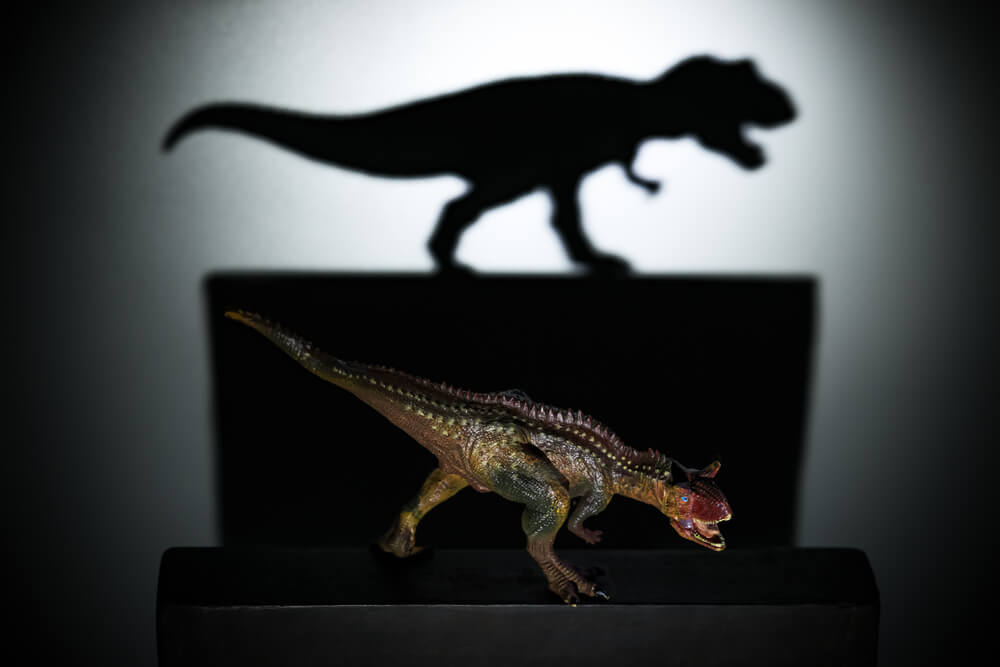Do you know anyone who is convinced that everything he says, thinks or does is great?, if that is the case, you are probably facing a megalomaniac, is this type of person who despises others because he considers himself superior to them, because of excessive selfishness. Now, how do we identify them?
While it is quite common to find people proud of themselves, with an optimistic view of their abilities and who believe they can do anything, it is often not so easy to know whether they are megalomaniacal or not. High self-perception is accompanied by rejection or contempt for all around him as inferior.
- Megalomania is a psychological condition included in narcissistic personality disorder as a symptom.
- According to the Diagnostic and Statistical Manual of Mental Disorders (DSM?V).
- However.
- To know if a person has megalomania in the context of a disorder it is necessary to observe whether he has delusions or not.
- That is.
- If you feel fantasies of power.
- Relevance and omnipotence that lead you to consider yourself the best.
Historical figures such as Napoleon, Hitler, Stalin and Mao Zedong are people who have been attributed characteristics of megalomania and narcissism; traits that propelled them toward lofty goals, such as conquering the world.
If we delve into their idiosyncrasies, we will discover that everyone believed themselves the only ones capable of saving their territories and conquering new countries to expand their homeland, saw themselves as indispensable saviors, constantly seeking to extend their power in a true spiral of delirium.
They are people who express the desire to remain the only agents of the greatest achievements in the conviction of having absolute power, so they experience an aggravation of the symptoms of the disease, because they believe that they are able to achieve the unattainable. As history shows, they end up becoming dangerous leaders, capable of the most reckless actions.
A megalomaniacal is not only considered capable of what others cannot do, but because of this overcame responsibility he will also tend, less explicitly, to blame himself for the consequences of acts and attitudes that are not only his own.
Thus, a megalomanian has a disproportionate conception of himself and aspires to social valuation, which he attributes to the rise to positions of power and relevance; However, although it shows a lot of self-confidence, if we take an in-depth look at their personality, we can see that they are individuals in need and with an unexpected feeling of inferiority or social emptiness.
? Don’t insist on anyone. Not with a friend to help him, not with a love to stay, or with a father who loves him, but by his own free will; For what??. ?Anonymous?
The megalomaniacus refuses to recognize that a fearful, insecure and loveless person lives in him, so he uses verbal aggression or the imposition of his false omnipotence as a defense mechanism.
On the other hand, for his fear of being defeated, he ridicules anyone who makes him feel threatened and therefore harms all those he perceives as a threat to his ego, but behind this mask is a person full of insecurity and with a sense of incapacity that struggles not to be vulnerable to others.
In trying to exaggerate his abilities and dramatize his accomplishments, the megalomaniam unconsciously manifests low self-esteem and a lack of ability to cope with frustration.
The pride and excessive behavior of the megalomanian often lead to a situation of deep loneliness, for it is not well accepted by others. At other times, he is the one who isolates himself; his sense of superiority prevents him from interacting with those he considers inferior.
However, this loneliness, both received and self-imposed, leads to a strong sense of emotional emptiness, which can further aggravate your discomfort and increase pathological symptoms.
“Your worst enemy will always be your mind. Do you know why? Why does she know all your weaknesses? Anonymous?

